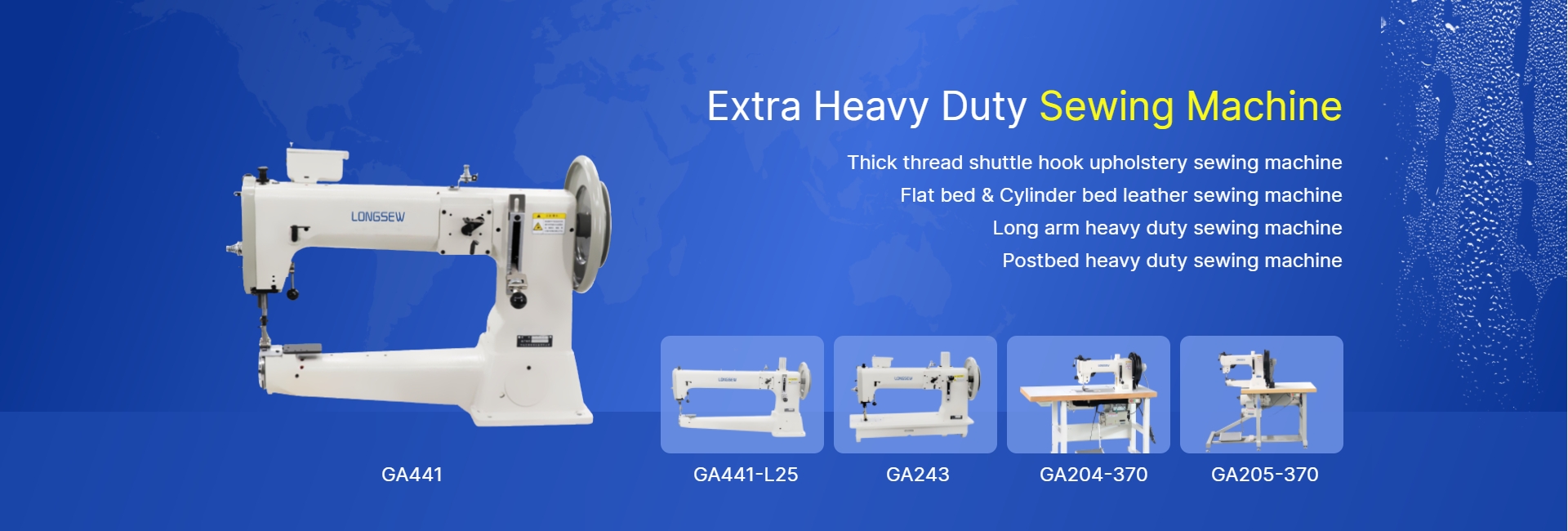Durable Sewing Machines Designed for Heavy Fabrics and Materials in Industrial Applications
The Importance of Heavy Material Sewing Machines in Modern Manufacturing
In the realm of textile manufacturing, the versatility and efficiency of sewing equipment are paramount to producing high-quality results in an ever-evolving market. One specific type of sewing machine that has garnered attention in recent years is the heavy material sewing machine. Designed to handle dense and thick fabrics, these specialized machines play a crucial role in various industries, including upholstery, military gear production, and outdoor equipment manufacturing. This article will delve into the significance of heavy material sewing machines, their features, and their applications.
Heavy material sewing machines are engineered to sew through multiple layers of tough fabrics such as canvas, leather, denim, and upholstery-grade textiles. Traditional sewing machines often struggle with these materials, resulting in skipped stitches or broken needles. In contrast, heavy material machines are equipped with powerful motors and a robust construction that can withstand the demands of thick seams. The advanced needle systems and specialized feet also facilitate smooth and consistent sewing, providing high-quality stitches even in challenging conditions.
One of the standout features of heavy material sewing machines is their ability to adjust stitch length and type. This flexibility allows manufacturers to select the best settings for their specific fabric, ensuring optimal results. For instance, longer stitches may be necessary for thicker materials to prevent puckering, while shorter stitches can be used for delicate fabrics to promote durability. Additionally, many of these machines offer various presser foot attachments, enabling sewers to tackle intricate designs and patterns with precision.
heavy material sewing machine

The applications of heavy material sewing machines are vast. In the upholstery industry, these machines are indispensable for crafting durable and aesthetically pleasing furniture coverings. They allow manufacturers to sew thick upholstery fabric onto cushions, sofas, and other furnishings seamlessly. Similarly, in the outdoor equipment sector, heavy material sewing machines are used to construct tents, backpacks, and tarps that can endure rigorous weather conditions and wear and tear.
In the automotive industry, heavy material sewing machines are essential for creating high-quality interiors. From seats to headliners, these machines are utilized to sew through resilient materials that not only look visually appealing but can also withstand the everyday use and challenges associated with vehicle interiors. Furthermore, in the production of protective gear and uniforms, such as those used by firefighters, law enforcement, and military personnel, these machines enable the precise assembly of multi-layered fabrics that provide both protection and comfort.
The investment in heavy material sewing machines can significantly enhance production efficiency. By streamlining the sewing process, manufacturers can reduce lead times and increase output without compromising on quality. As industries continue to adapt to new trends and consumer demands, the importance of specialized machinery like heavy material sewing machines cannot be understated. They enable manufacturers to remain competitive while delivering superior products.
In conclusion, heavy material sewing machines are an indispensable asset in modern manufacturing. Their ability to handle tough fabrics with precision and efficiency allows various industries to produce high-quality goods that meet market demands. As technology continues to advance, we can expect further innovations in sewing machinery, making the future of textile manufacturing even more exciting and promising. The relentless pursuit of quality and performance in heavy material sewing will undoubtedly shape the landscape of manufacturing for years to come.
-
Leather Sewing Machine: The Industrial Standard for Tough MaterialsNewsJul.18,2025
-
Sail Making Machine: Heavy-Duty Stitching for Industrial and Marine NeedsNewsJul.18,2025
-
Sling Sewing Machine: The Backbone of Heavy-Duty FabricationNewsJul.18,2025
-
Leather Sewing Machine: Precision for Heavy-Duty StitchingNewsJul.18,2025
-
Big Bag Sewing Machine: Powering the Future of Bulk PackagingNewsJul.18,2025
-
FIBC Sewing Machine: Essential Equipment for Bulk Bag ProductionNewsJul.18,2025
-
Heavy Duty Leather Sewing Machine: A Must-Have for Professional LeatherworkNewsMay.28,2025





























